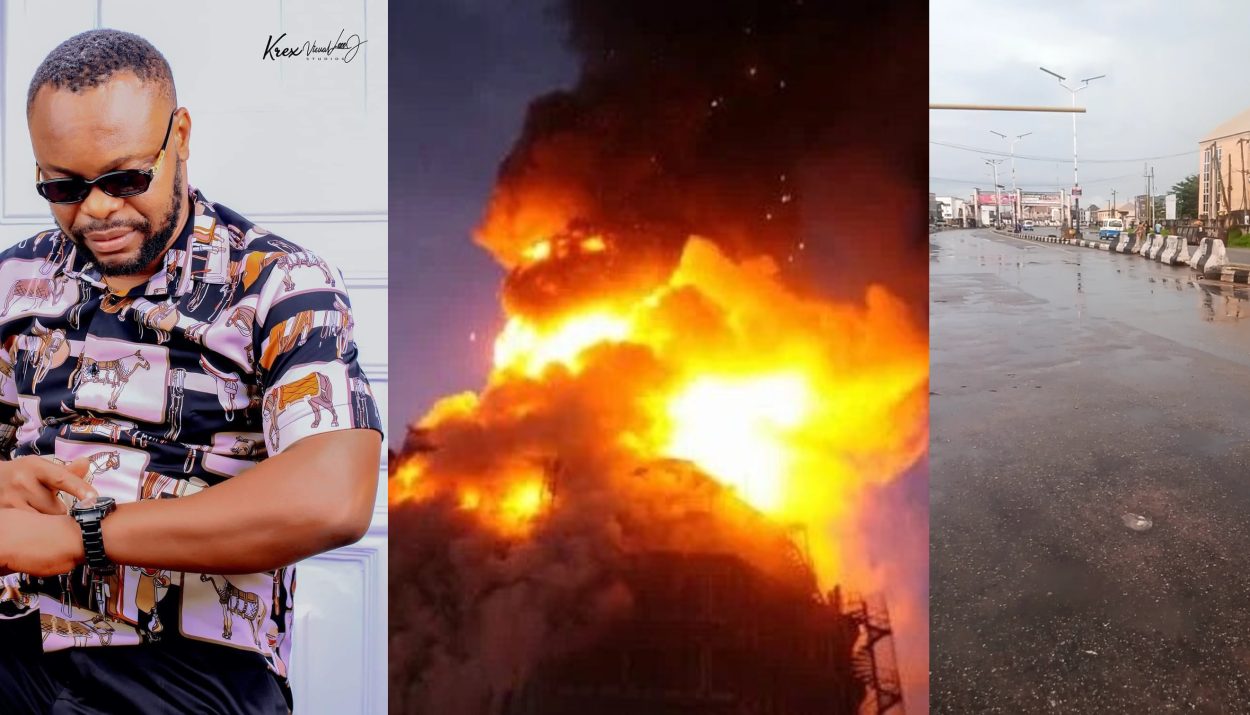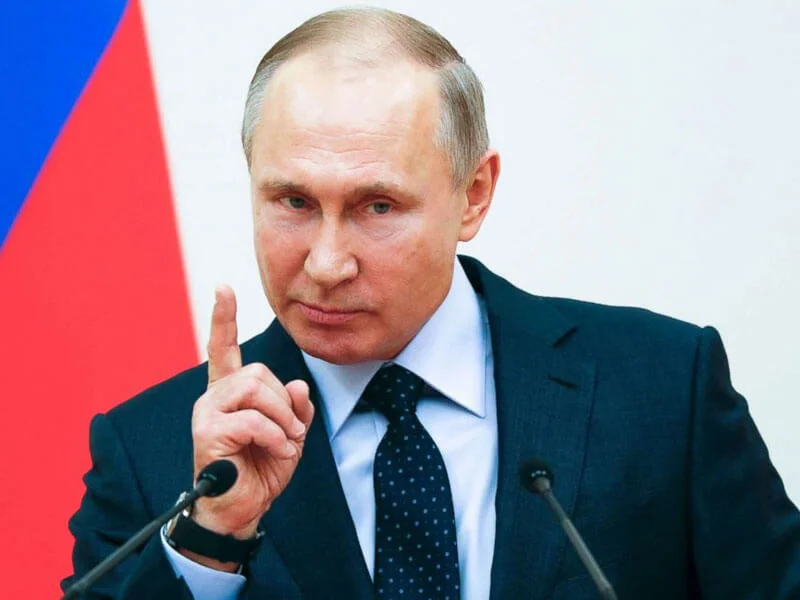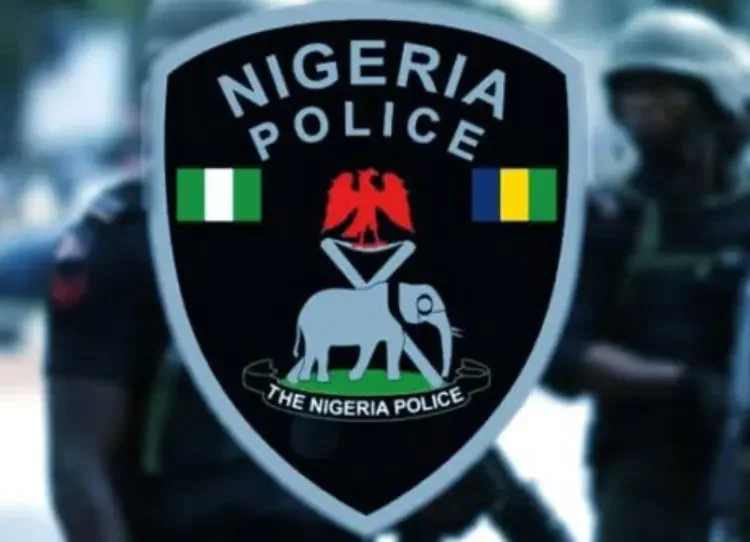Imo State continues to grapple with an array of security challenges, including civil unrest, insurgent activities, and a strained relationship between the authorities and local communities. These challenges have been highlighted by the recent arrest of journalist and activist Chinonso Uba, known as Nonsonkwa, the dissemination of misleading videos, ongoing sit-at-home orders, and the discovery and dismantling of a suspected terrorist camp linked to the Indigenous People of Biafra (IPOB) and its militant wing, the Eastern Security Network (ESN). These events underline the precarious situation in the state, where maintaining order is becoming increasingly difficult amid growing internal divisions.
The Arrest of Nonsonkwa: Controversy and Public Outcry
On October 20, 2024, the Imo State Police Command arrested Chinonso Uba, popularly known as Nonsonkwa, on charges of cyberstalking, defamation, misinformation, and incitement of civil unrest. According to police spokesperson ASP Henry Okoye, the arrest followed a petition from a group of “concerned citizens” regarding viral videos allegedly posted by Nonsonkwa. The videos are said to have contributed to the attack on the National Open University (NOUN) study center in Nsu, Ehime Mbano Local Government Area, which was set ablaze on September 30, 2024.
Nonsonkwa’s arrest has sparked widespread debate, with different factions of the Nigeria Union of Journalists (NUJ) in Imo State offering contrasting opinions. One faction, led by Comrade Ifeanyi Nwanguma, distanced itself from Nonsonkwa, claiming that he is not a registered member of the NUJ. Another faction, led by Comrade Precious Nwadike, called for Nonsonkwa’s immediate release or that he be charged in court, accusing the police of using excessive force in a “Gestapo-style” manner. This internal divide within the NUJ reflects the polarized nature of public opinion surrounding Nonsonkwa’s arrest and the broader issue of freedom of expression in Imo State.
This arrest also raises concerns about the government’s tolerance for dissent, as Nonsonkwa has been an outspoken critic of state leadership. His prior arrest in July 2023 for allegedly defaming Governor Hope Uzodinma further underscores the tensions between the state’s authorities and the media.
The Burning of the National Open University Study Center
The attack on the NOUN study center in Nsu remains a significant source of concern for Imo residents. On September 30, 2024, gunmen attacked and set fire to the university building, raising questions about the increasing insecurity in the region. The attack, which also targeted the residence of former Senator Frank Ibezim, further exemplifies the challenges faced by authorities in maintaining law and order.
Although the motive behind the attack remains unclear, it has been linked to ongoing unrest associated with IPOB/ESN. The police have vowed to bring those responsible for the attack to justice, but progress has been slow, leading to frustration among local residents. Nonsonkwa’s arrest has been framed within this context, with accusations that his social media posts incited violence and contributed to the unrest.
Sit-At-Home Orders and the Fear of Civil Unrest
The sit-at-home orders, reportedly issued by IPOB, have created significant tension in Imo State, affecting economic activities and the daily lives of residents. While IPOB has denied issuing recent orders, the fear of potential violence has kept many residents indoors. Streets that would normally be bustling with activity were largely deserted on Monday and Tuesday, with only a few people venturing out. Children were even seen playing football in the empty streets, a stark contrast to the usual vibrant atmosphere.
The sit-at-home orders originated as a form of protest for the release of IPOB leader Nnamdi Kanu but have evolved into a tool for economic disruption. Previous sit-at-home protests have been marked by violence, and many residents are fearful that these demonstrations could again lead to clashes with security forces or attacks on civilians.
To complicate matters, the Imo State Police Command recently addressed the circulation of a misleading video, purportedly showing vehicles being set ablaze by IPOB/ESN members enforcing the sit-at-home order. The police clarified that the footage was from 2022 and was being circulated by “mischief makers” to instill fear and panic among the public. The police warned that the dissemination of such misinformation is harmful and punishable by law, and they assured the public that security measures are in place to ensure safety.
Despite these reassurances, the legacy of past violence linked to sit-at-home orders continues to weigh heavily on the minds of residents, many of whom remain apprehensive about the potential for renewed conflict.
Police Dislodge Suspected IPOB/ESN Terrorist Camp in Nempi
In a significant development, the Imo State Police Command announced on October 20, 2024, that it had dislodged a suspected IPOB/ESN terrorist camp in Nempi, Oru West Local Government Area, leading to the arrest of 29 suspects. The operation, which was initiated after the arrest of a key suspect, Anukuru Nnana Emmanuel, on September 15, 2024, uncovered a cache of dangerous weapons and other items used by the group.
The police seized four pump-action guns, two locally made revolvers, five locally made pistols, three AK-47 magazines, a Point of Sale (POS) machine, 20 rounds of live cartridges, a white SUV, and local bulletproof charms. Additionally, over 200,000 naira, allegedly extorted from kidnapping victims, was recovered during the operation.
This successful raid is part of the state’s ongoing efforts to combat violent crimes and restore peace in Imo State. The dismantling of the camp highlights the persistent threat posed by IPOB and ESN militants, who have been responsible for a series of violent attacks in recent years. The police have emphasized their commitment to maintaining public safety and vowed to continue efforts to apprehend all those involved in these criminal activities.
Misleading Videos and the Spread of Misinformation
Adding to the already complex situation, the Imo State Police Command recently issued a warning against the circulation of misleading videos that could incite panic. The video, which resurfaced on social media on October 21, 2024, showed vehicles being set on fire by alleged IPOB/ESN members enforcing a sit-at-home order in Okigwe. However, the police clarified that the incident actually occurred in 2022, and its recirculation was an attempt to instill unnecessary fear in the public.
The spread of fake news and misinformation, especially through social media, has added a new layer of difficulty to the state’s security challenges. The police have urged citizens to refrain from spreading false information and to report any suspicious activities that could compromise public safety. They warned that individuals responsible for circulating false information would be prosecuted to the full extent of the law.
Conclusion: A Region in Crisis
Imo State remains deeply entangled in a web of insecurity, where political tensions, insurgent activities, and civil unrest converge to create a volatile situation. The arrest of Nonsonkwa, the burning of the NOUN study center, the circulation of misleading videos, and the ongoing sit-at-home orders underscore the complex challenges facing the region.
The government must balance maintaining security with upholding the rule of law and protecting civil liberties, including freedom of speech. Meanwhile, the dislodging of the IPOB/ESN camp in Nempi offers a glimmer of hope that the authorities are making progress in dismantling criminal networks. However, the persistent fear among residents suggests that much more needs to be done to restore peace and stability in Imo State.
As the people of Imo State navigate these turbulent times, it is essential that all stakeholders—government, security agencies, civil society, and local communities—work together to address the root causes of insecurity and build a more peaceful and secure future.







2 Comments